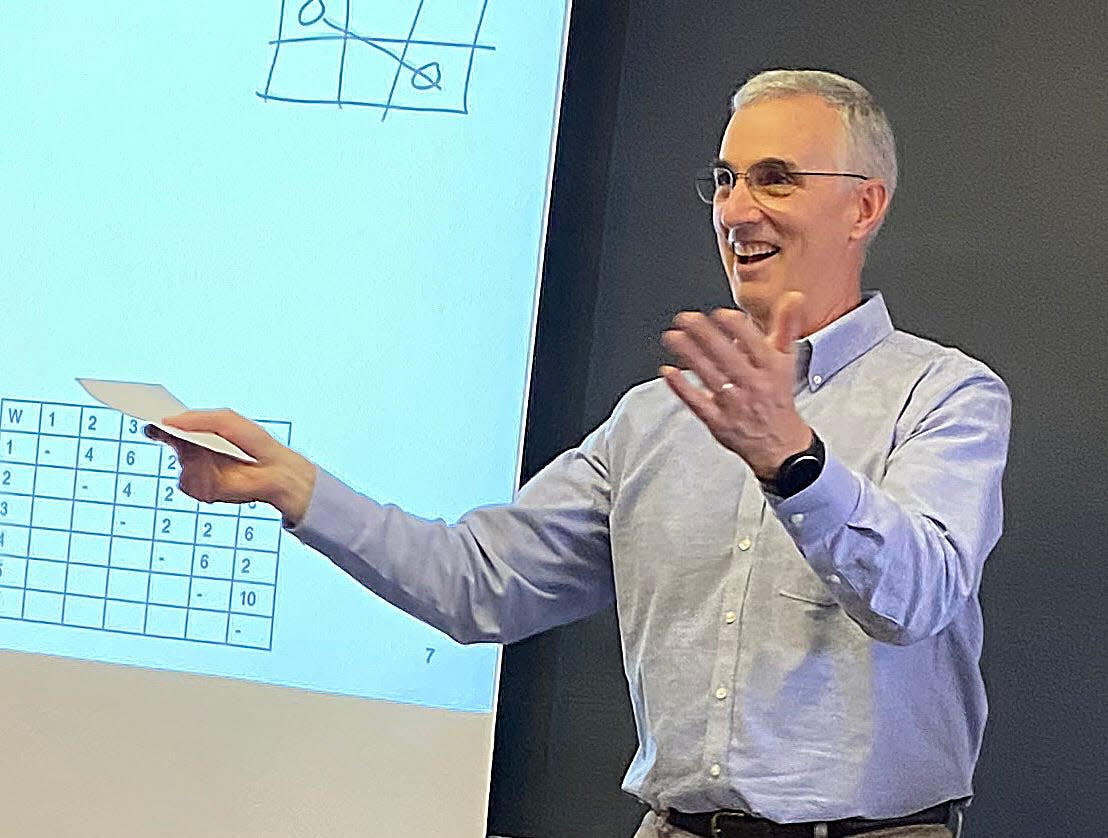How a $1 million grant will prepare MU engineering students for an industrial revolution

A $1 million grant from the Missouri Department of Higher Education and Workforce Development in a year is expected to result in a lab to help University of Missouri engineering students to prepare for what is being called the fourth industrial revolution.
Dubbed the Industry 4.0 lab, it will complete the manufacturing lab complex in the College of Engineering, said Jim Noble chair of the department of industrial and systems engineering.
Juniors and seniors will have access to the lab, he said. It will be able to support 20 students at a time.
"It includes basic processes and automation," Noble said. "It brings in all the sensors and data that brings engineering to its current phase. It gives us a kind of complete sweep now — a complete solid education for our students."
Students also will receive industry certification, he said.
"It gives them the current toolkit to get into the industry," Noble said of the lab.
They will be educated in artificial intelligence, robotics and "lots of analytics and sensors everywhere," Noble said.
Artificial intelligence has gained attention since it has been applied to language, but it has been a part of engineering for decades, he said.
"We've been using different aspects of AI for the last 30 years," Noble said. "You're creating algorithms. AI has been integrated across manufacturing."
Most of us probably heard of blockchain in its association with digital currency, but Noble said it's also important in engineering.
"You are creating a digital record that can't be modified" with blockchain, Noble said. "It's a secure digital record."
Mike Klote, associate teaching professor, will establish an active learning and engaged laboratory experience for the students, Noble said.
Yi Wang, assistant professor, is working with Noble on the project.
Some aspects of the lab already are in place, Noble said.
"We just finished our automation and control lab," Noble said. "We already had robotics in that."
Many other things need to be accomplished before next fall, he said.
"We have our Industry Advisory Board that we've met with," Noble said. We're getting their input. We're getting equipment that has to be ordered."
The lead time on the equipment is three to four months, with no supply chain delays expected, he said.
"The equipment is available," Noble said.
Roger McKinney is the Tribune's education reporter. You can reach him at rmckinney@columbiatribune.com or 573-815-1719. He's on Twitter at @rmckinney9.
This article originally appeared on Columbia Daily Tribune: Here's how a future lab will prepare MU students for industry's future

